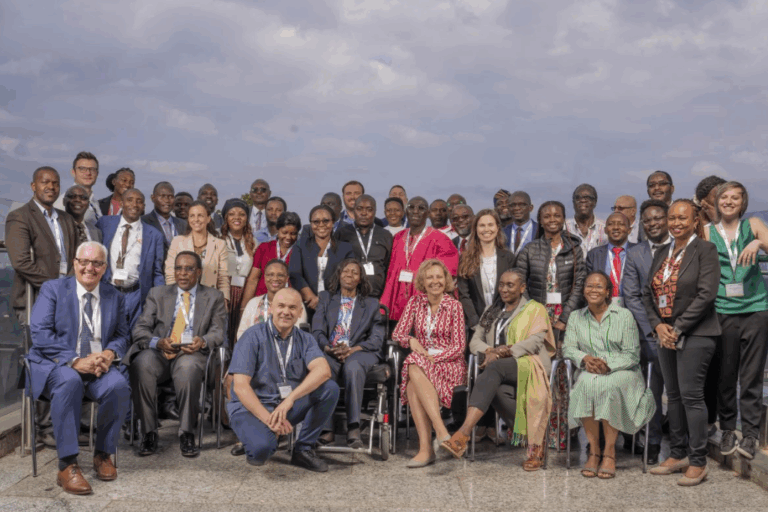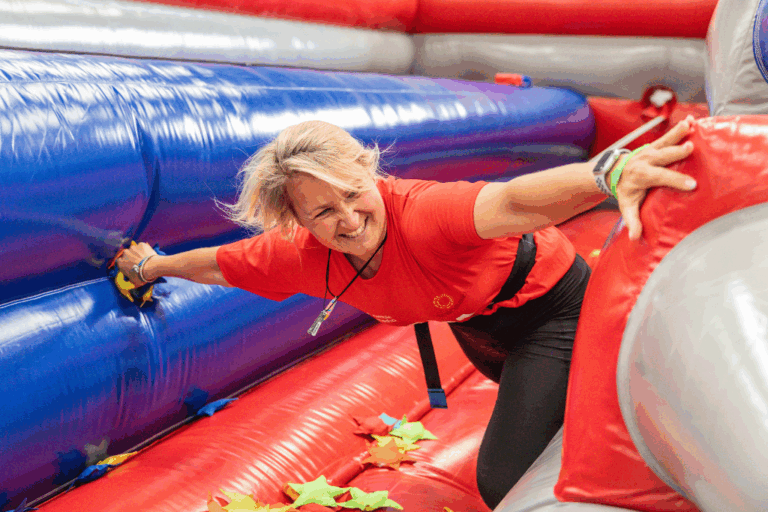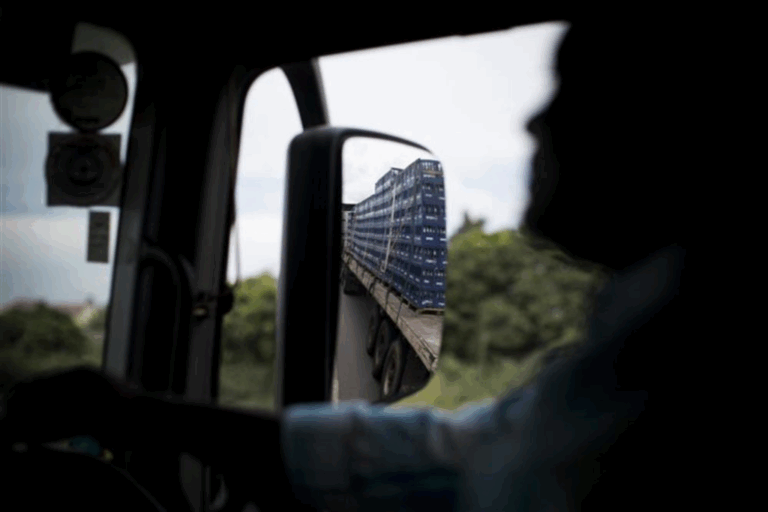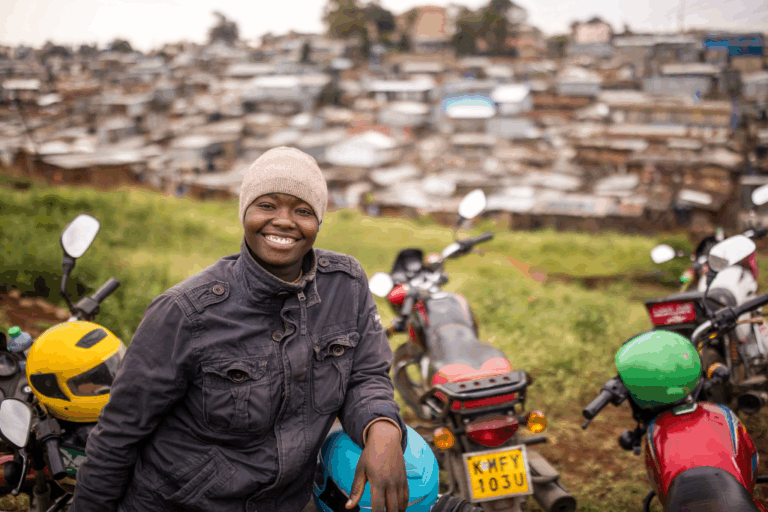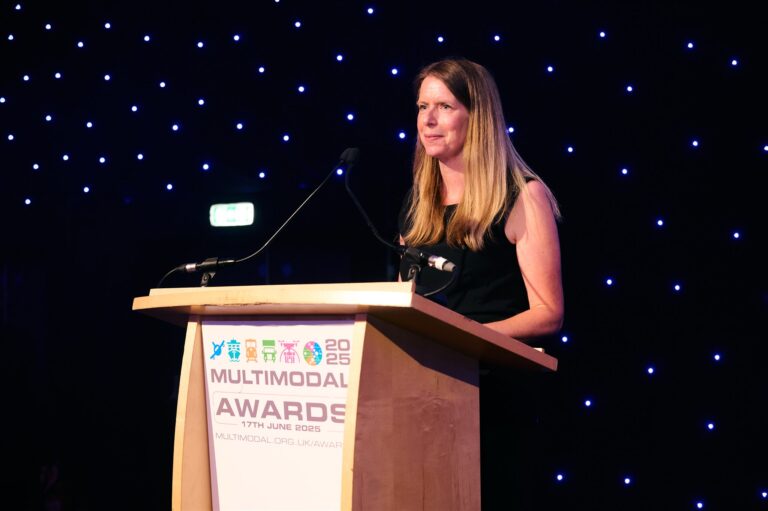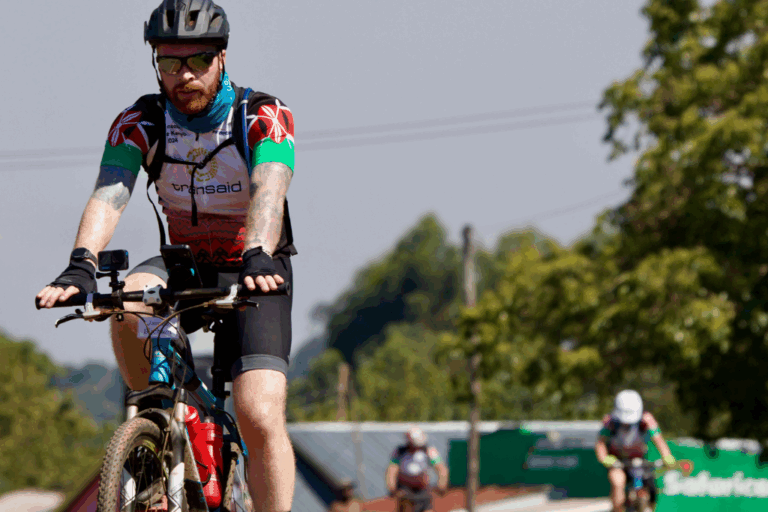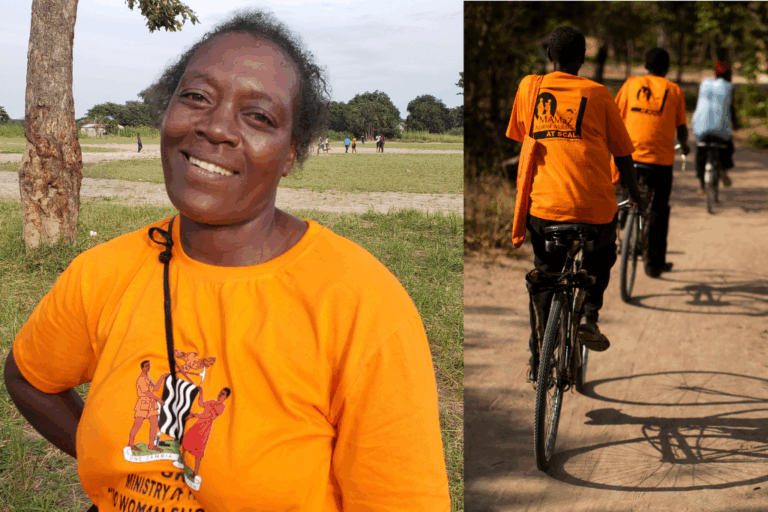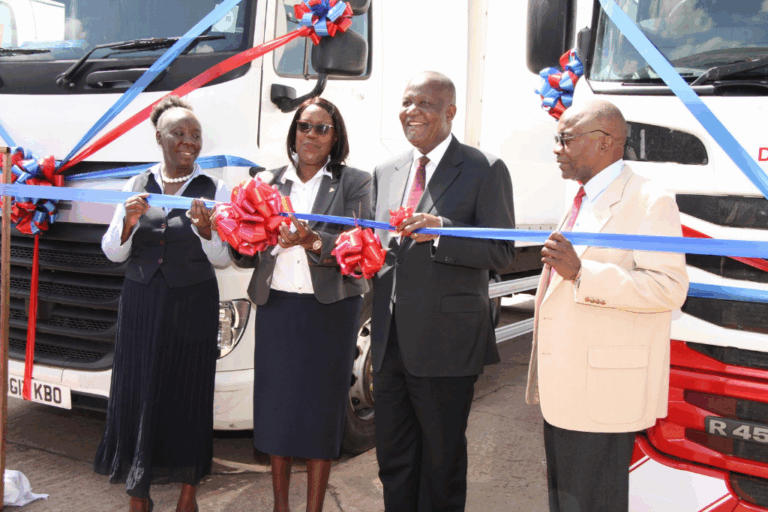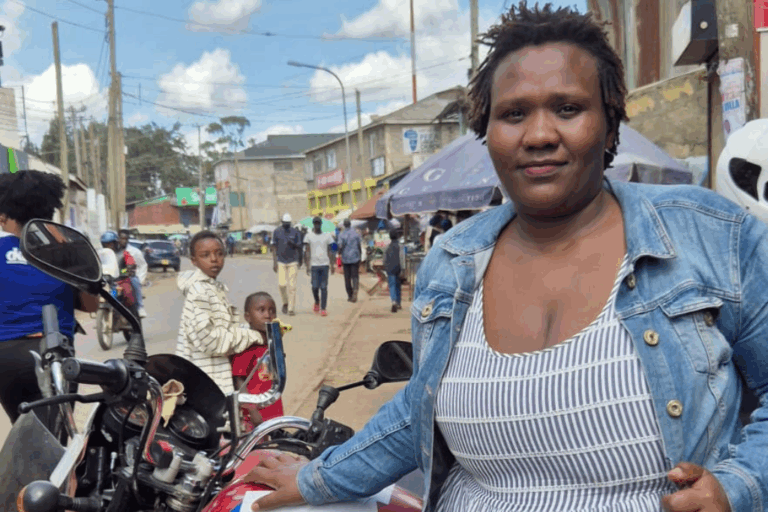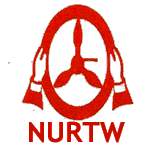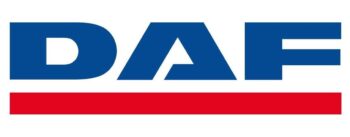
News

Josephine’s Story
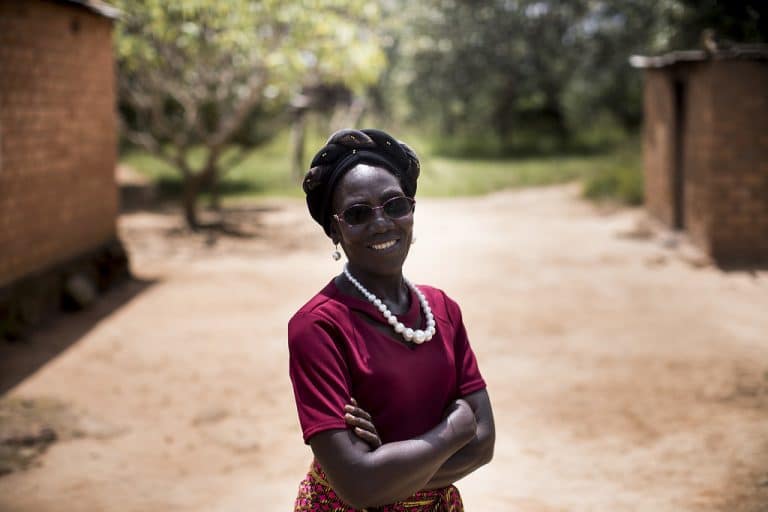
Josephine Mupeta lives, and grew up in, Chief Serenje, a small community in the larger district of Serenje, Zambia. Sitting outside her home, Josephine told us “I am a Community Health Volunteer (CHV). I help children in my community who are sick with suspected severe malaria.”
Josephine’s community is part of the MAMaZ Against Malaria (MAM) programme, a programme designed to tackle the number of children under six who die each year from severe malaria. Previously, severe malaria had a particularly devastating effect in Chief Serenje. “We had one month where ten children died from severe malaria. But since the MAM project started here, not a single child has died, and the community are aware of the danger signs of severe malaria.”
One of the ways Josephine and her fellow CHVs educate their community on the danger signs of severe malaria is via song. These catchy and beautiful songs are accompanied by movements illustrating the danger signs, educating and mobilising their community when a child is suspected to have severe malaria.
Josephine’s role as a Community Health Volunteer means she regularly receives visits from her neighbours. “Up to 15 people come to my house a day, so per week I can see about 50 people.” While Josephine’s training has been on spotting the danger signs of severe malaria, people see her as a source of knowledge, and come to her with a whole range of illnesses.
Being a CHV is only one part of Josephine’s involvement in the MAM project. “I am also an ETS (Emergency Transport Scheme) bicycle rider. I make sure that the bicycle ambulance is accessible to everybody in my community.” Josephine also rides the tens of kilometres to the nearest health facility when a child falls sick with suspected severe malaria. “I have transported six children with suspected severe malaria to the health facility this rainy season, as well as a number of women experiencing maternal complications.”
Whilst Josephine makes this sound easy, the reality is that the health facility is a challenging journey away, even in a 4 x 4. Tucked away deep in the Zambian bush, Josephine and her fellow ETS Riders have to ride over mud-packed tracks and tall grass, with the mud proving particularly problematic in rainy season, all with a patient or parent and child on the trailer. The journey is arduous, but without a bicycle ambulance the option would be simply for a parent and sick child to walk or to simply stay at home.
Josephine’s roles in her community are purely voluntary. There is no monetary recompense and Josephine instead earns her money and feeds her family via her small farm. Her days are spent tending to her fields of beans, maize and cassava, and her evenings dispensing advice to her community. But when an emergency happens and she is needed to ride someone to the health facility that becomes her priority.
So why, given her busy job as a farmer, did Josephine become a volunteer for the MAM project? “My elder sister died during pregnancy,” Josephine told us. “When she was in labour, there was a complication and there was no means of transport to take her to the health facility, and it was so far away.” By the time they had found a means of transport, Josephine’s sister had already passed away. “If a bicycle ambulance had been available to us at that time, my sister would still be alive today.”
“The bicycle ambulance is the best thing that has happened to this community. I see people going about their daily lives in my community who otherwise wouldn’t be alive today.”
Recent Posts

